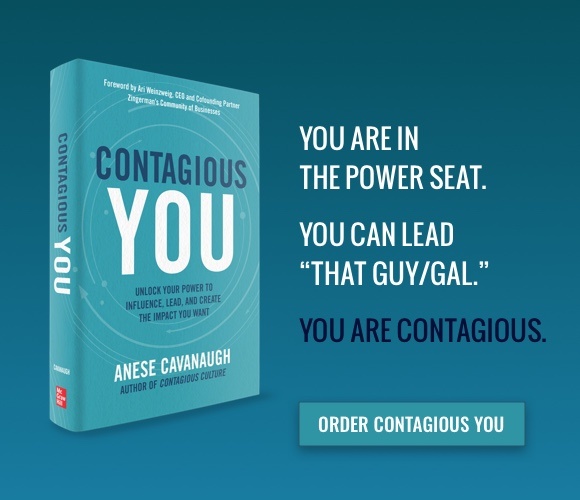When you get an acknowledgement what is your response? There is the initial response: perhaps a "thank you", or the "ah, it's nothing", or even for some (who struggle with compliments and acknowledgements) the "whatever"...these are all common initial responses to a compliment or acknowledgement. But....and here is where I believe it gets good....what is your response and action AFTER the effect?
Anese Cavanaugh

Recent Posts
What do you gather evidence for?
I've been thinking about this a lot lately. Our brains are amazing. We can gather evidence for anything.
We just relocated back to the West Coast this past year. I've met a lot of new people. New businesses. New causes.
Taken on some new clients. Started some new programs. Had a lot of fun. Come upon some new challenges (both delicious and not-so-great.) There are themes. Always themes. Doesn't matter if we're a CEO, a teacher, a doctor, an attorney, a janitor, a stay-at-home-mom/dad...We're all human beings having a spiritual experience right?
There are themes.
Today's theme? Evidence gathering and storytelling. Because while I could write about them separately. They're totally linked. And they both impact energy. Let's go...
Leadership in a Minute: Get Back Up!
This is a continuation of the on-going list of 17 "acts" for authentic living, sustainable leadership, and simply "getting out of your own way" that started on January 14th, click here to read that post.
Leadership in a Minute: So What’s Your Story?
This is a continuation of the on-going list of 17 "acts" for authentic living, sustainable leadership, and simply "getting out of your own way" that started on January 14th, click here to read that post.
Leadership in a Minute: Who’s Surrounding You?
This is a continuation of the on-going list of 17 "acts" for authentic living, sustainable leadership, and simply "getting out of your own way" that started on January 14th, click here to read that post.
.png)



